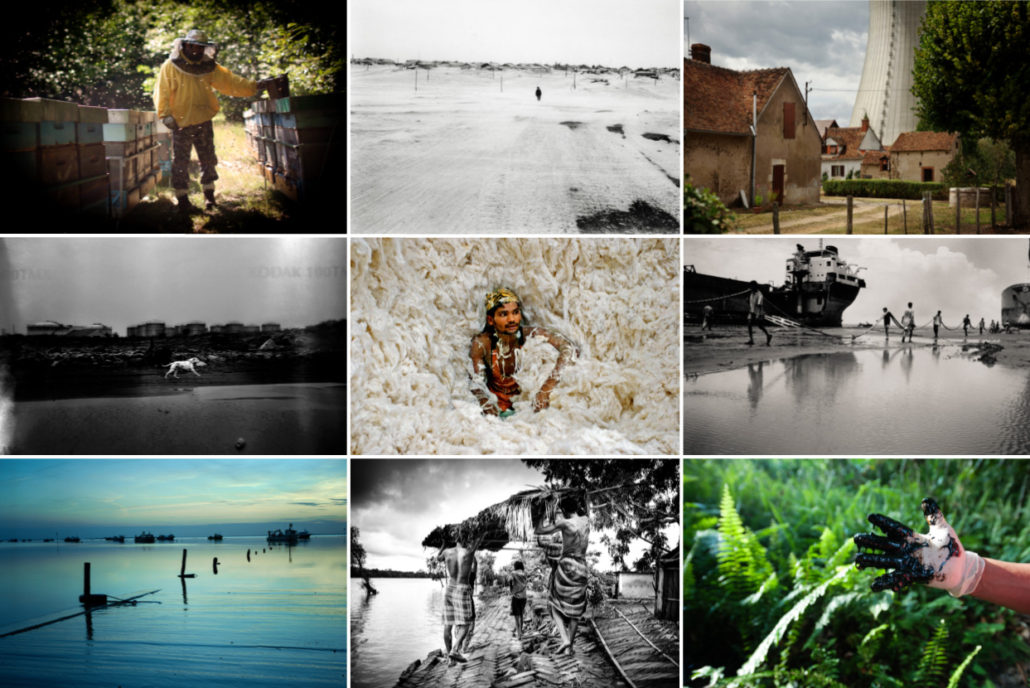The environment through 9 lenses, on the occasion of COP 21. Changing the way: a necessity
This post is also available in:
 French
French
Humanity is at a crossroad. After mastering fire, inventing the steam engine, the automobile, the computer, our species left its trace in every corner of the planet and even in the surrounding atmosphere. We have entered a new era, the one of human domination: the Anthropocene. At first subject to the Earth’s forces, the future of our planet is henceforth dependant on our activity. Natural balances are disrupted. The bees which transform flowers into fruit through their pollination action and play an essential role in our diets, are wiped out by pesticides. This poses a serious threat for the harvests and is a harsh blow for beekeepers. Humans play with life and it is death which appears. In India, the pesticide manufacturers have sold genetically modified seeds of cotton to farmers who were promised favourable income owing to these seeds meant to resist insect attacks. In actual fact, the animals became resistant to the substance contained within the seeds and the expected returns have not been forthcoming. Highly indebted, certain farmers turn to suicide. In Vietnam, it is another pesticide, Agent Orange, used during the war as a defoliant that continues to wreak havoc over thirty years later. Children are born with deformities and cancers are multiplying. Uncontrolled pollutions
The exploitation of oil has enabled the development of our societies but has also been accompanied by numerous harms. In Ecuador, boreholes have caused pollutions which have devastated this region of the Amazon and caused numerous illnesses among the inhabitants. Of course, the discovery of black gold has fostered trade increase, generating considerable traffic over the seas across the Globe, but only a few benefit from these riches and it is the cheap Bangladeshi labour that dismantles the ships without any safety gear.
Despite their will to free themselves of the laws of nature, humans are not protected from uncontrollable events, such as the Bhopal factory explosion that caused the death of thousands and continues to claim new victims over thirty years after the tragedy. And closer to us, in Europe, many people live near factories housing hazardous products capable of blowing up an entire neighborhood… Erratic Climate…
To move around, to warm ourselves and to create new products, we have burned huge quantities of fossil fuels, heating the atmosphere increasingly. If we do nothing to limit our greenhouse gas emissions, the average temperature of the Earth could rise by 4° from now to 2100. Already, the increase of temperatures in Peru upsets the lives of farmers. And if the ice melting in the Arctic may seem like a boon for some, opening new sea routes and access to offshore oil, it is in fact the sign of the end of the traditional way of life for populations living near the Arctic Circle.
The warming of the continents and of the oceans is accompanied by high amounts of evaporation, disturbing the wind patterns and leading to a precipitation increase in certain regions. We can expect more and more extreme events like the Xynthia tempest which affected the French coast in 2012 and an approximate metre rise in sea levels at the end of the century, which could be catastrophic for certain countries like Bangladesh. Making a new Start
To confront this, there is only one solution: to change models. If the energy transition seems vital, it is not easy to implement. In France, where nuclear energy represents approximately 75 % of electricity production, we would not seem ready to abandon the old nuclear plants to switch to renewable energies. Elsewhere, coal, oil or shale gas is still cheap enough to not give up. Our societies are still not ready to leave 80 % of fossil fuel reserves in the ground as is suggested by the appeal against climate crimes launched by numerous civil society personalities. But they will try to reach an agreement on the objective of limiting global temperature increase to 2°C from now to the end of the century during the Climate Change Conference held in Paris end of December. It is a step that should mark a new beginning of action against climate change and we would be wrong to see it only as the outcome of a long process of negotiations. Whatever the outcome may be of the meeting of 195 countries, efforts must be pursued at all levels. States, local authorities, companies, individuals must get to work.
From 01/12/2015 to 06/02/2016
Galerie FAIT & CAUSE
58 rue Quincampoix
75004 Paris
France
Opening hours : Tuesday to Saturday from 13:30 to 18:30
Free admission
Phone : 01 42 74 26 36
contact@sophot.com
www.sophot.com



